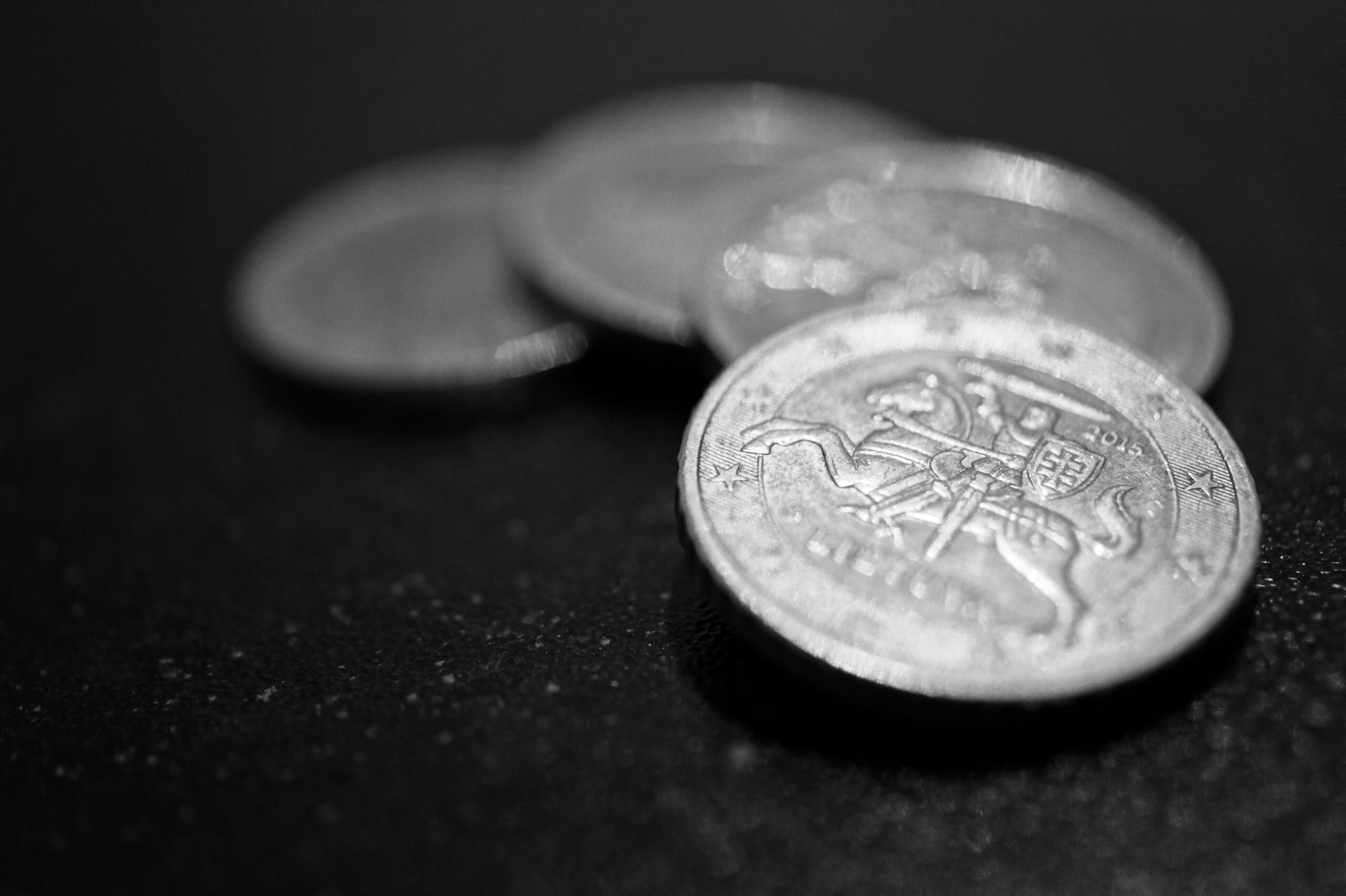One of the best ways to discover your particular passion in the field of economics is to read a range of related books. This list contains four best and classic economics books for beginners, college students, and general readers. These books will give the readers an understanding of the subjects as well as an idea of how modern economics are applied in the contemporary world. Even if you are not pursuing Economics as an academic subject you are sure to enjoy each of the books because they are easy to follow. You can learn a lot about Economics theories and terms that influence our everyday life.
Freakonomics – Steven D. Levitt and Stephen J. Dubner
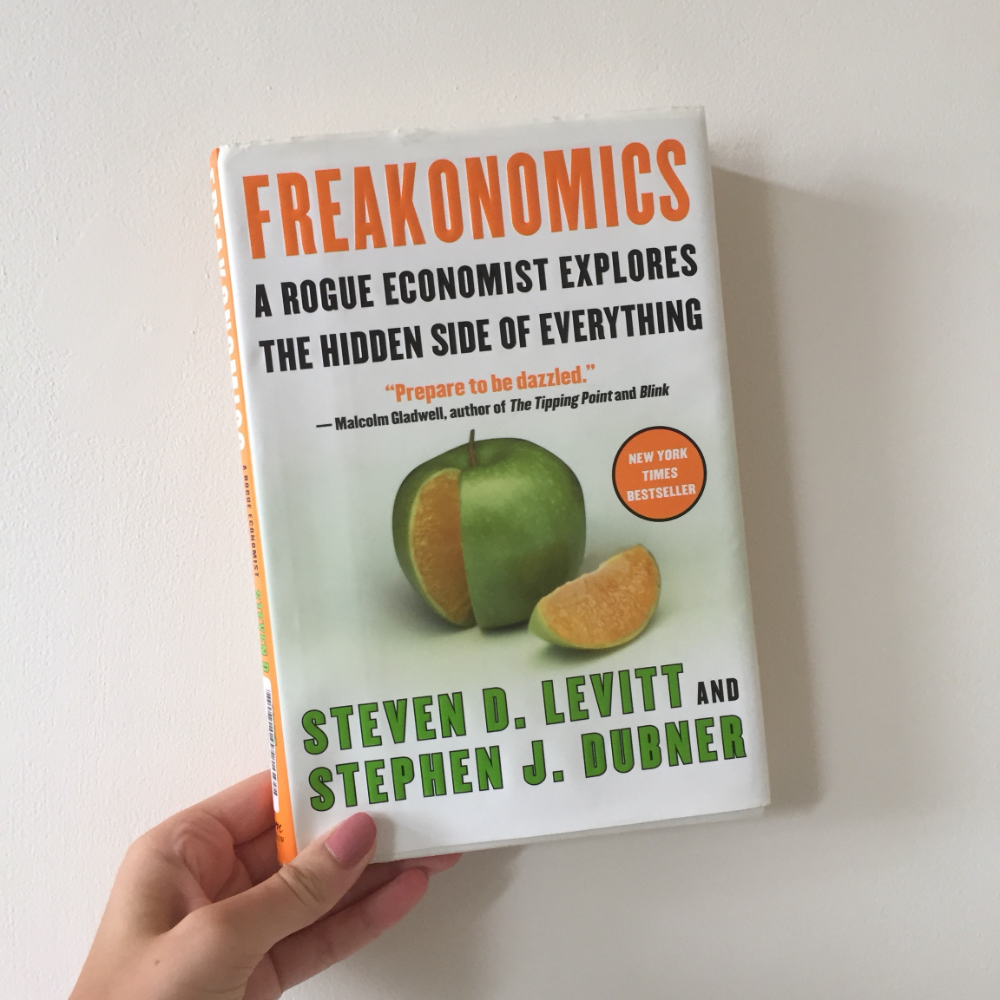
Freakonomics is a fun and easy-to-read introduction to economics and provides you with whatever economic background knowledge you need. The authors apply economic principles to seemingly unrelated everyday occurrences and how people respond to incentives which makes this book much entertaining. Freakonomics presents a clear picture of how economic principles materialize in real life; such as how parents pick names for their children and even how the legalization of abortion could be responsible for a drop in crime. All the concepts are explained in a simple and relatively intuitive way. If you want to explore economics as a possible degree choice or already an economics major then you can give this book a read. Also, anyone who is interested in the roots of economics should give this book a try. Freakonomics won the Indies Choice Book Award for Adult Nonfiction in 2006.
The Wealth of Nations – Adam Smith
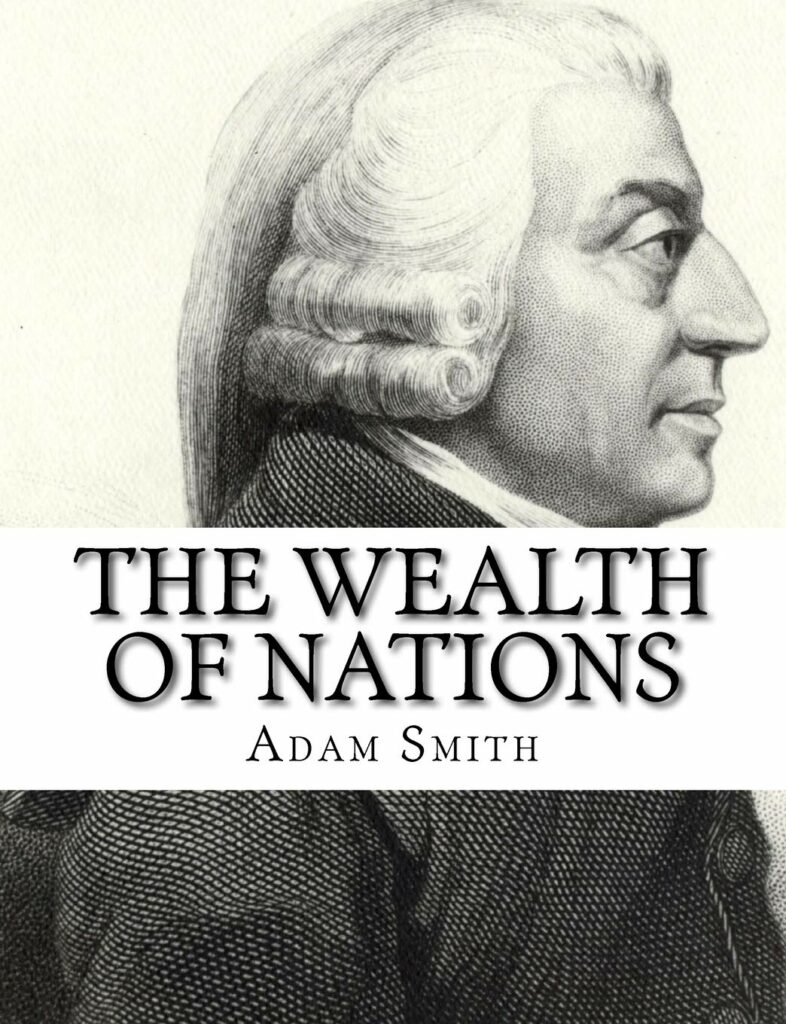
The Wealth of Nations was groundbreaking at the time of its writing and the author, Adam Smith, is cited as the father of modern economics. The Wealth of Nations was first published in March of 1776, and Adam Smith wrote the book to influence the British Parliament. The book’s arguments pressed for peace and cooperation with Britain’s colonies rather than war, which was a controversial view at that time. This book has helped economics develop as a subject.
“Nobody ever saw a dog make a fair and deliberate exchange of one bone for another with another dog. …”
The Wealth of Nations has heavily influenced the theory and practice of economics up to the present day. Reading this book will be a great challenge because it may seem monotonous. General readers might not understand everything in it. But, it is going to be worth the hard work. Because reading this fundamental text can provide a deeper understanding of both the foundations of economics and how it forms the underpinning of much of modern economic theory. If you have found The Wealth of Nations interesting, you can read The general theory of Employment, Interest, and Money by John Maynard Keynes. You can download the book here.
The Complete Idiot’s Guide to Economics-Tom Gorman
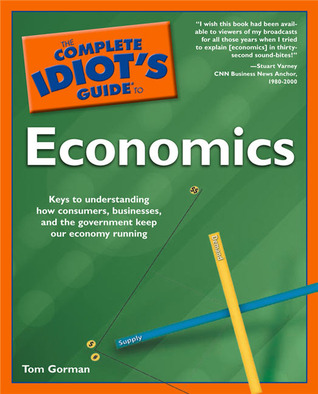
This book explains economic issues (local or global) that are on the public’s mind but hard to make any sense in everyday terms. This text explains how markets work and introduces the key players-consumers, business, and government in a market, and uses their behavior to illustrate basic theories and ideas. It teaches economics students the key concepts and analytical tools and terms of macroeconomics and microeconomics. If you are an economics major, reading this book will help you learn the dynamics of markets, consumer behavior, business investment, budgets and taxation, recession and expansions, unemployment and inflation, and more. Gorman covers all the basic economic ideas so even general readers would be impressed by the explanation of the basics of Economics. This book is for beginners because Gorman covers all the basic economic ideas
Das Kapital or Capital: A Critique of Political Economy – Karl Marx
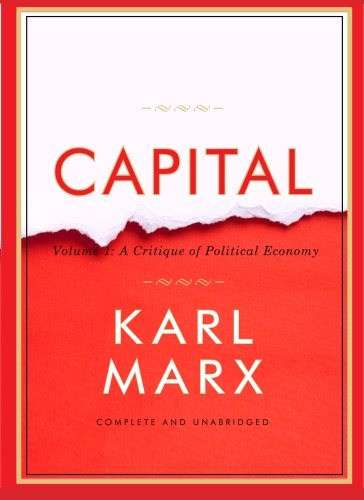
Marx is essential if we are speaking of classics and Das Kapital by Marx is hugely influential. For those who are interested in pairing economics with politics, this text is a great way to begin connecting the two fields. Marx was also responding to classical economists like Adam Smith, so if you read The Wealth of Nations and are interested in an opposing view, this book is the right option to go for. The importance of Capital derives from the many practical ways that the theories presented in this text have been applied. Former Soviet Union’s famous Vladimir Lenin’s political view was heavily influenced by Marx’s Capital.
“Diligence in some compels idleness in others.”
Discussions concerning contemporary economic issues, such as the free market, labor market, state intervention, and socialism, etc are presented. So this historical book will help you better comprehend the more practical principles of Economics. Readers will get a sophisticated analysis of how capitalism works. Das Kapital is an indispensable guide to political economy. If you enjoy this book, you can check out What is to be done? by Vladimir Lenin where the author presents additional views to Marxist ideas. You can download the book here.
All of them are definitely worth a read. Hopefully one of the books on this list will take your fancy. Each of the books on the list will give you a good insight into the vast world of economics even if you are not an econ major. General readers will have a clear understanding of how economics affects our everyday life. Whilst you are an economics major, you will be able to reference them in essays and academic papers, etc.
Happy reading!
